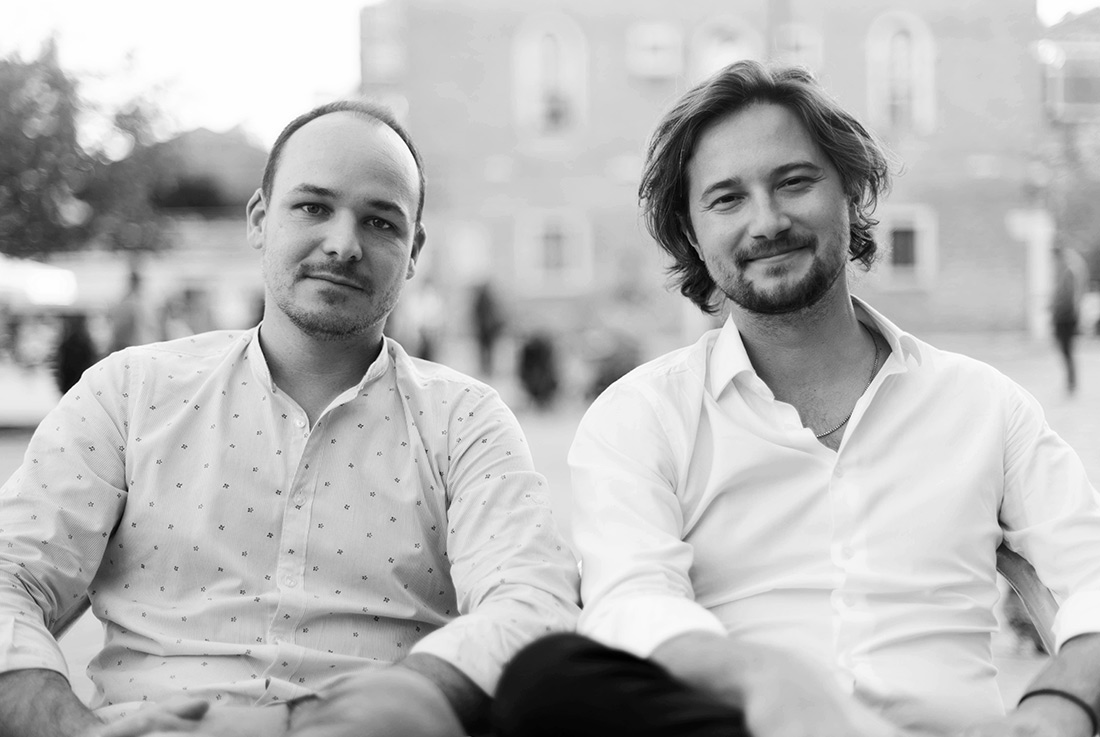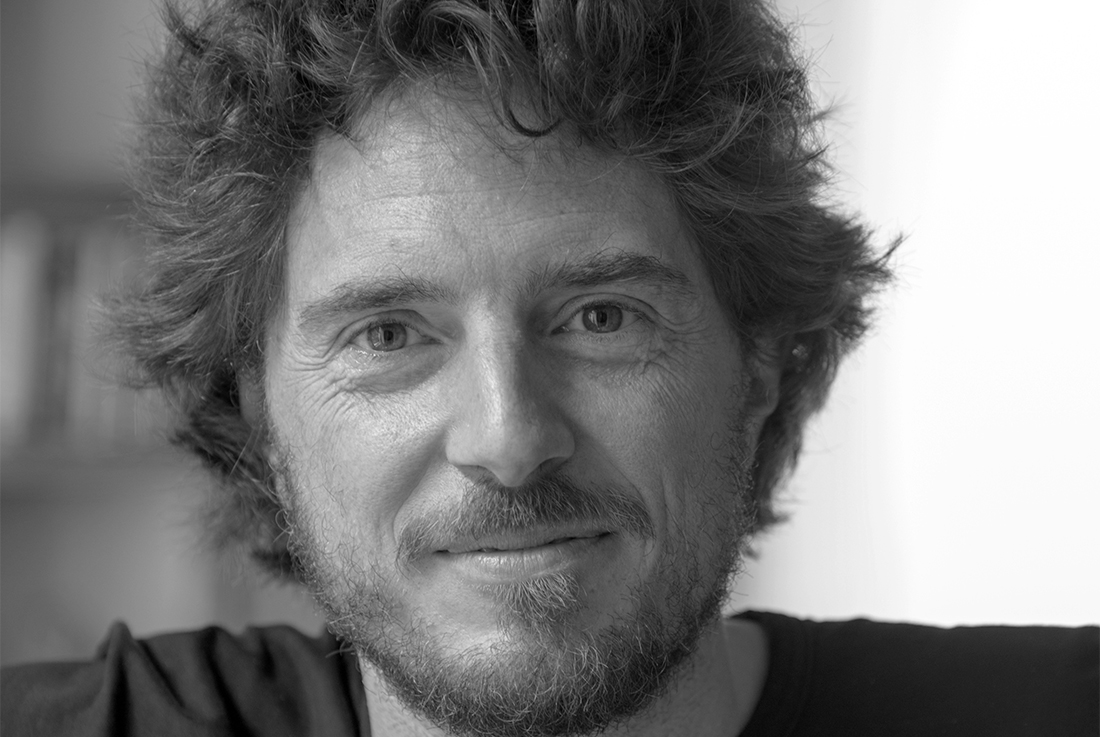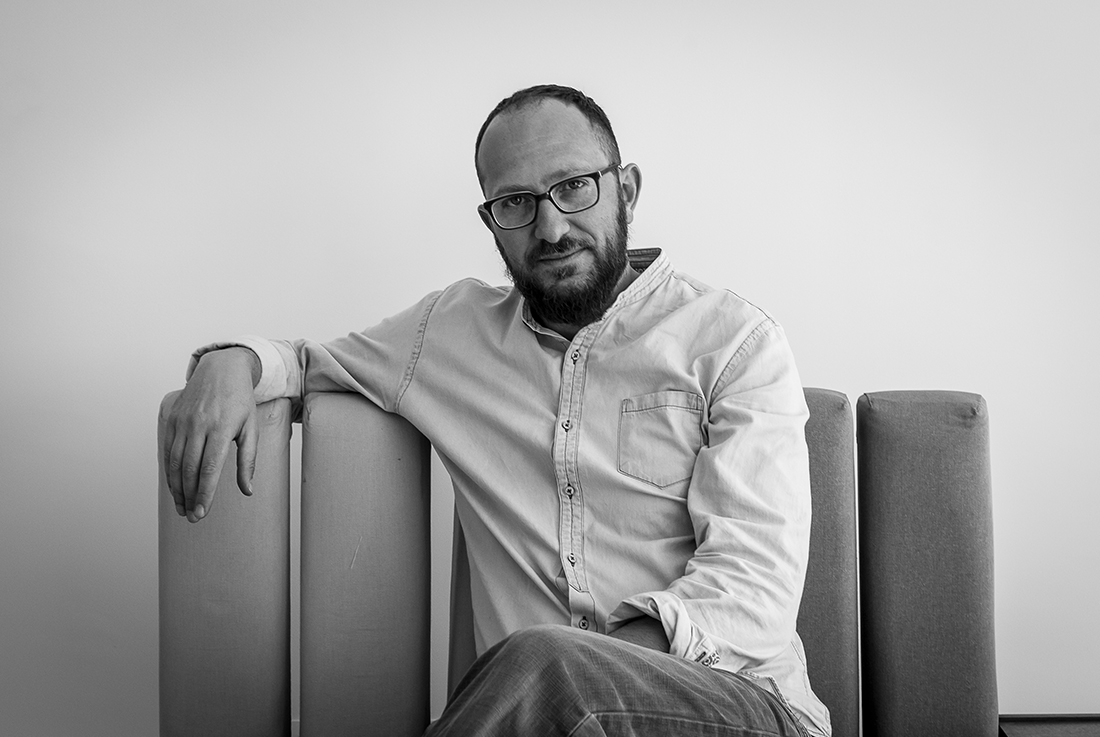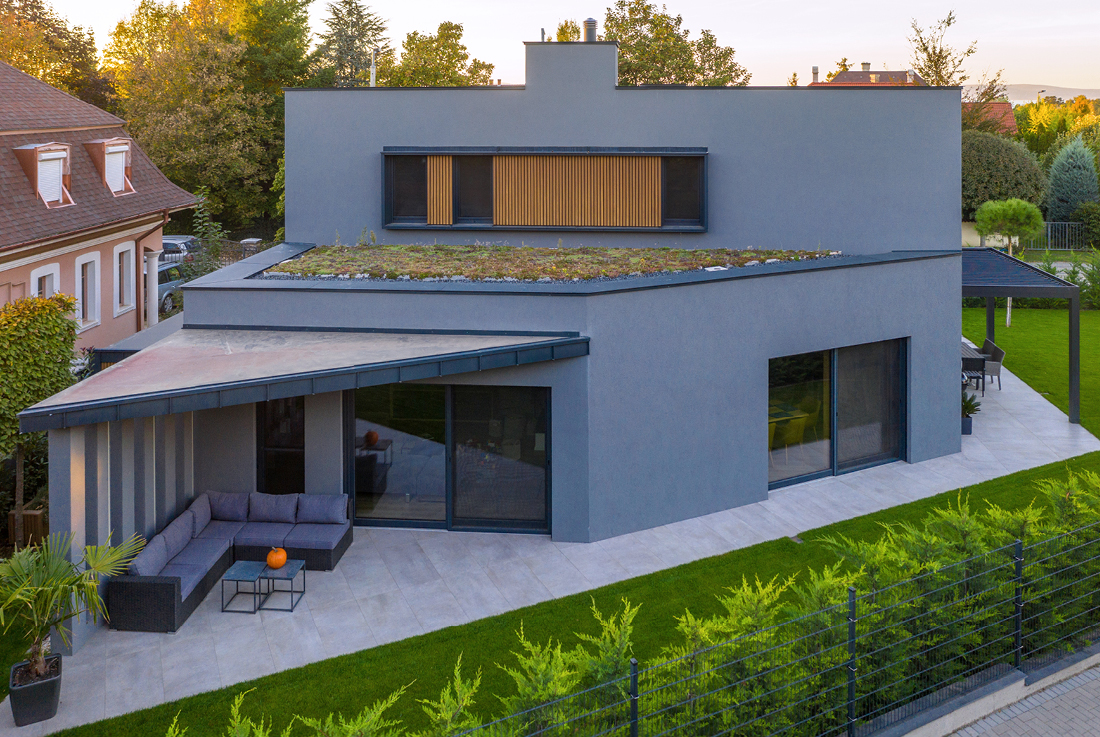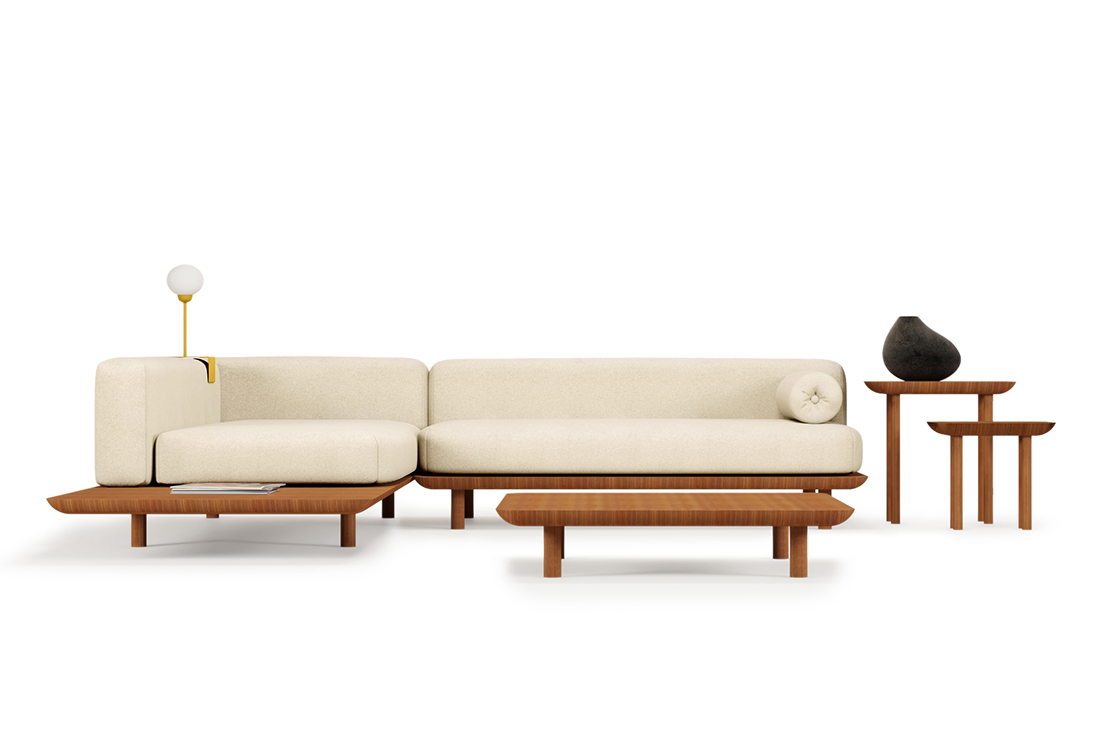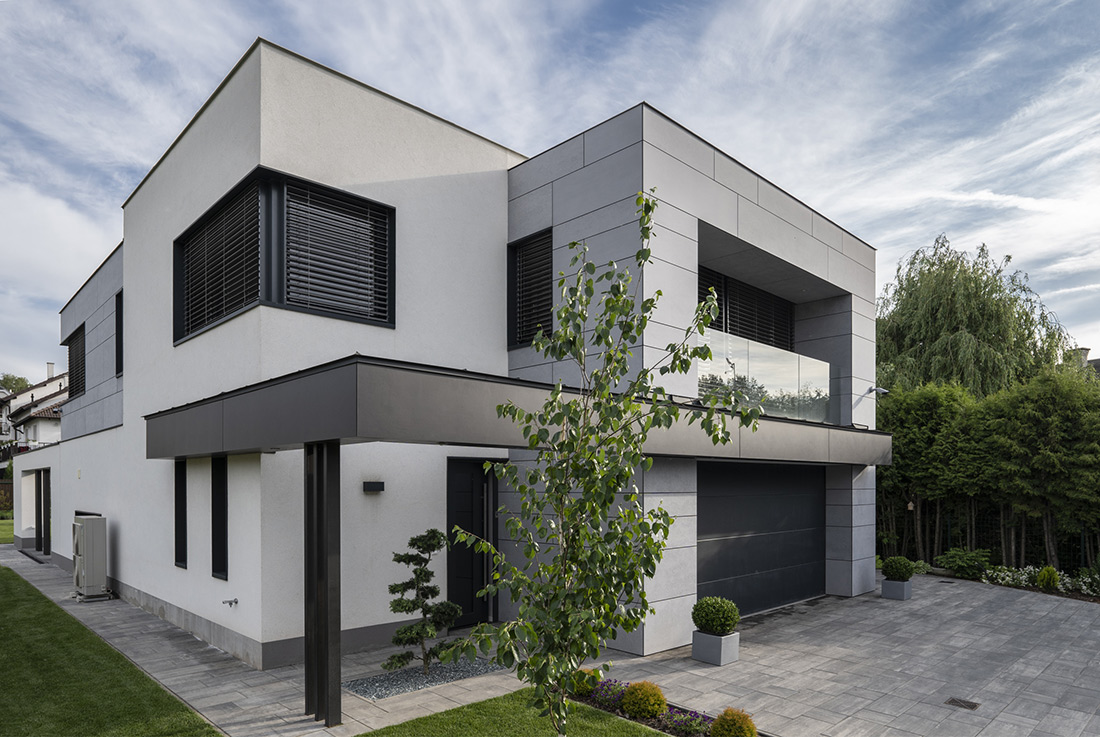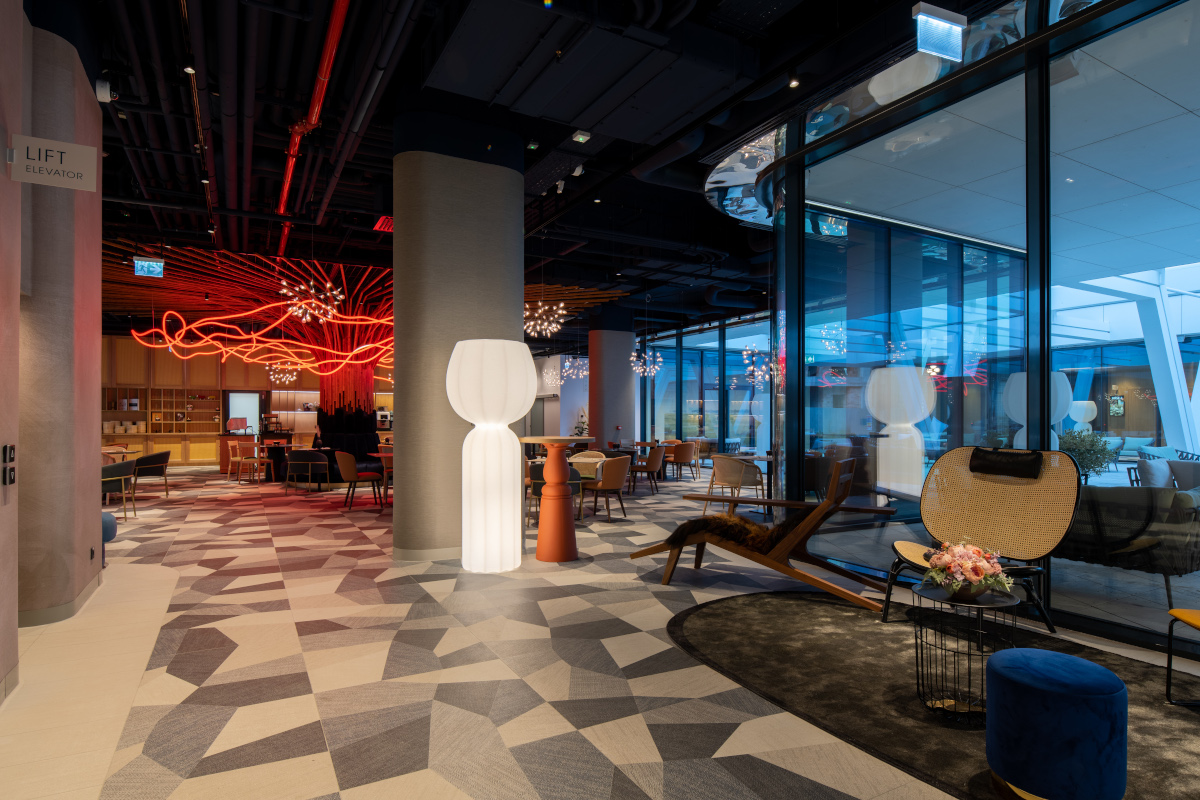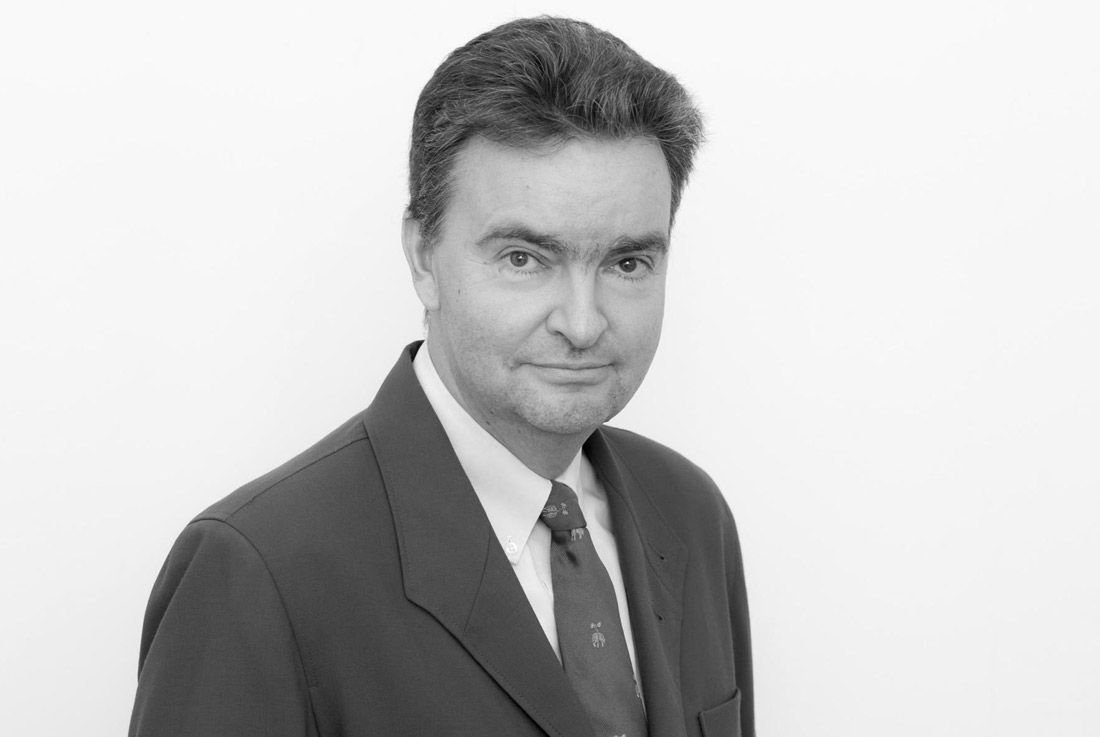
If we are losing our basic values, we only have ourselves to blame; interview with Georg von Habsburg
By Boštjan Tadel
To what an extent do you expect to be included in the centenary celebration of the Pan-European Movement in 2023? Your family has been very closely connected to its activities.
My family was and still is, but I am not, at least not as directly as my brother Karl is. He is also president of the Austrian Pan-European Movement, and my sister Walburga is the vice-president of the whole organization as well as president of the Swedish Pan-European Movement. I was very active in it, too, when my father was president, especially in the eighties, but when I moved to Hungary in in the 1990s, other duties took the main focus of my activities, above all the Red Cross and the Olympic Committee, but of course the Movement still has all my sympathies, and I am happy to support it whenever I can.
You are a strong advocate of a more united and stronger Europe. You even believe that the enlargement of the EU, which has slowed considerably in the last years, should be one of its most important activities. Don't you feel that the Pan-European Movement would be an appropriate organization to get involved in reviving the enlargement process?
Discussing opportunities for the EU and the prospect of future unification are definitely subjects that are very close to my heart. And there is no doubt that the Pan-European Movement is by far the oldest organization that started discussing European unification. No other body can claim to having stood for peace and stability – that we today associate with the EU – for almost three decades before the establishment of the European Coal and Steel Community in the early 1950s. It has been proven time and again that this path of ever closer relations between European countries is the only one to future peace and stability and the economic opportunities, too, so I absolutely agree that the movement should continue its excellent work towards the enlargement of the EU.
Saying this I cannot emphasise enough how vital for both existing and eventual future members of the EU it is to continue the enlargement process. It would be a very wrong signal to cancel invitations to several of the prospective new members that have gone quite far through the application process – it would be not only the wrong signal, but actually the breach of the basic treaty of the EU which postulates that every country should have the possibility to join. People often forget this, but it is in fact the most ambitious statement of an European agenda.
People who believe that EU has reached its limit of territorial growth and should turn inwards instead, are actually ill informed about the Union's founding documents. Anybody can join the EU – anyone who is willing to go through the incredibly complicated process of changing their country, like Slovenia has and Hungary, too. I was personally very involved in the process in Hungary and I know how very hard it is to change the legal system and an immense framework of all sorts of regulation. People who don't have first hand experience with this process would have a hard time imagining how detailed these requirements are – and any country that has undertaken this enterprise and seen it through, is definitely ready to join. Denying such a country the opportunity to join is more than mistaken, it is an affront to the values on which the EU was established.
I hope that many members of the Pan-European Movement from many EU member countries would make it their mission in the future to restart and further encourage the enlargement process.
"Sadly a lot of people are focusing on relatively small daily problems, and thus fail to appreciate the long term success of the EU – that said, I am very well aware that many things need to be reformed in the framework of the Union."
In the past decades it was quite usual that important European statesmen functioned in “pairs”, such as Adenauer and de Gaulle, and then Kohl and Mitterand. In the last two decades the situation changed, first Jacques Chirac went through three German chancellors, and now Angela Merkel is working with her fourth French president. Crisis of inspired democratic leadership is often lamented in these days, and not only in Europe. Do you agree with this view?
It is a sad fact that we have a lack of really European leaders, but Europe is not alone in this political crisis. I find it hard to accept that for countries with many million inhabitants it should be so hard to select better political leaders, and I would at least hope that they were better informed about history. My experience tells me that good knowledge of history is very important for making good political decisions, and luckily I know some good politicians who do possess it, but unfortunately they are not in the leading roles in the EU these days.
This is so important, because knowledge of history gives you perspective of our present challenges. If we look back a little more than a decade, there's always been some major crisis somewhere in Europe: first financial, then unemployment, then Greek, then the migrants, then out of the blue came Brexit, now we have the pandemic, and that's all even without mentioning crises beyond Europe. With these powerful forces constantly shaking several and sometimes all EU countries, it is easy to forget why it was founded in the first place: with the goal of peace. And in reaching this goal the EU has succeeded spectacularly! It has gone 75 years without an armed conflict between member countries which were at each other's throats for centuries. I am profoundly certain that this is much more important than this or that crisis which pop up every year, even if they are so comprehensive as the Coronavirus. The ability to live in peace and stability is, at least in my opinion, one of the very big achievements of the European Union.
Sadly a lot of people are focusing on relatively small daily problems, and fail to appreciate the long term success of the EU – that said, I am very well aware that many things need to be reformed in the framework of the Union, no doubt about that! And again, if you put it in perspective, every organization needs to adapt and reform to stay relevant in ever changing circumstances. European Union should reform to re-establish its continental importance.
Leadership and communication skills are usually closely connected. And this past decade or so has also seen an immense transformation of the communication infrastructure: traditional media, above all print, are in potentially terminal decline, while social media have often been more successful in creating isolated bubbles than productive communication platforms.
Yes, communication has changed drastically. I worked in TV and in print, and I have first hand knowledge of this process. And, like you've said, it is happening simultaneously with the leadership crisis, I guess quite possibly both phenomena interact with each other.
If we put the two together with the situation in the EU, we see that the EU lawmakers, the members of the European parliament (MEP), get exceptionally little coverage in their national media. This is the direct consequence of the fact that their election process is reduced to referenda about current national governments – many people thus don't think that EU elections affect them personally as much as the national or even local elections do. And what's more, in many countries the electoral process is not voter, but party oriented. The parties make their candidates' lists, and MEPs are elected, if they are high enough of the party list. If a party wins five seats, the candidate in the sixth spot is not elected, unless she won an immense share of preferential votes – but not all countries allow them.
This complicated situation alienates the European parliament from a majority of regular voters who do not see the correlation between their vote and the work of MEPs. This is definitely a necessary area of reform, and in terms of media crisis it can be addressed quite intensively. I believe that MEPs should be very active in communicating the good work of the European parliament to their voters, and they should look for ways to get in touch with them. My father was a MEP for twenty years, the very first four EU parliament terms from 1979-99, and every weekend he would travel to a different village in the Upper Bavaria that he represented in Brussels, and made speeches and listened to people, and then got back and told them what he could and couldn't have done and why. It was at the time before any media crisis and before social media, and it worked very well, as he was re-elected three times and has retired by his own choice at the age of 86.
I am positive that if more MEPs did such “field work”, they would have a much better visibility and the role of the European parliament would be better understood, and the EU would enjoy stronger democratic mandate.
Do you think that an actual cross-member, “international” European parties would to some degree be a solution to this problem? It has never really happened, the only explicitly European cross-country party is Democracy in Europe Movement 2025 which had hardly any electoral success so far.
I think it is still too early for projects like this, although they probably will have success in the more distant future. Today, however, it is an illusion.
On the other hand it would be good to have political groups' joint candidates for the more visible jobs in the European Commission – something along the lines that has been tried and failed miserably at the last European Parliament election. But it will get better and voters will get used to it.
Personally I also think that the more internationally active parties would be a good thing, but given the current situation I don't see it happening soon.
"My father was a member of the EU parliament from 1979-99, and every weekend he would travel to a different village and made speeches and listened to people, and then got back and told them what he could and couldn't have done and why. It was at the time before any media crisis and before social media, and it worked very well, as he was re-elected three times and has retired by his own choice at the age of 86."
The business of politics has accelerated dramatically: it used to move in election cycles, in this century it sped up to 24-hour news cycle, and recently it sometimes seems as if it runs from one tweet to the next.
Maybe, but I come from a historical family and we've always operated in much longer time units. (laughter)
Speaking of larger time units, and the South-Eastern part of Europe, the Mediterranean used to be a focal point of Europe for centuries, and it used to connect Europe to civilizations both to its South and East. Physically it is Europe's most accessible part of the world, the so called near-abroad, but EU has quite frustrating relations both with the southern Mediterranean countries, and recently also with Turkey. Do you think these can improve in the foreseeable future?
Let's start with Turkey: I have a different opinion about it than many people, and it is based on the principle that any country can join the EU – if it goes through the accession process. So I have a very strong conviction that Turkey should be allowed to join, and I find very ignorant and unprincipled the statements of some politicians who refuse its right to join. As I have said, every country's right to join is written in the EU's basic treaty.
I am certain that EU – Turkey rapprochement should continue, and that it would be very good for both. I am aware that Turkey's accession will not happen overnight, maybe even not for decades, but the possibility of a membership should not be denied. This is just populist posturing, claiming “Turkey should never join!”, and can be ridiculed by knowledge of history: anyone in politics who's ever said “never” or “forever”, has been proven wrong.
As to what regards the countries of the Southern Mediterranean, I agree that Europe could play a much bigger role in this troubled area. The core problem, though, is that foreign policy is quite a weak spot in the EU. And it brings us back to the problem of EU lacking charismatic leaders who would work with more conviction to create a unified European policy.
"What are truly basic values? Preservation of life and of God's creation. Climate change is a threat to all that, and when people learn from history, they will see that these values were made for the bigger good of everybody – in a larger."
In early July in Turkey the political Islam has claimed a major victory by changing the status of the Hagia Sofia from a museum back to a mosque. In the West, though, especially in Europe, Christianity does not have much political power, and people search for spiritual identity in various directions such as yoga, meditation or through self-help techniques.
I am much more afraid of European continent losing its Christian faith and roots than I am of Islam. When there's vacuum, someone or something will move in. And this may happen with the Christian vacuum – but I would never blame Islam for it. I blame ourselves for not being able to keep our Christian faith, to protect our family and private property, and the basic Christian values of the territory of the European Union. I am certain that this is much more dangerous than any threat of Islamization.
These same values should also be the foundation of our confrontation with the climate change. We will never succeed by mere self-interest; everybody's self-interest is business as usual, only with more of everything. But if we look at it from the point of view of basic values, we are actually working against them. What are truly basic values? Preservation of life and of God's creation. Climate change is a threat to that, and again, when people learn from history, they will see that these values were made for the bigger good of everybody – in a larger time-frame.
I think that Central European values are firmly rooted in our Christian tradition. We still believe in family, property, social values and the protection of minors – I think we should once again hold a very serious debate in Europe what our values are, and I believe that Central Europe can make an important contribution in this field, because I think we are closer to these values than many of our Western friends.


